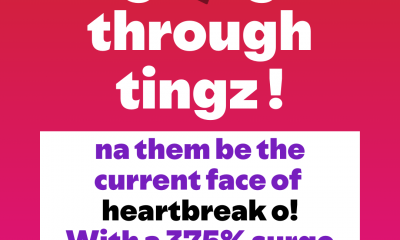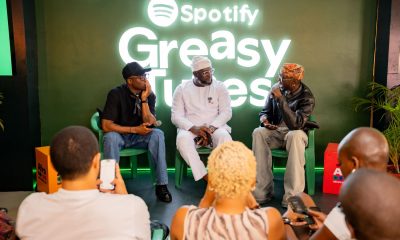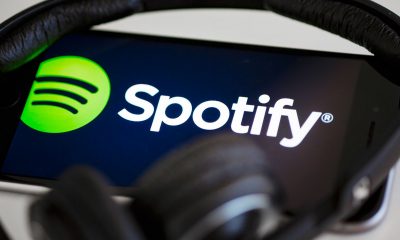Showbiz
More than a Music Streaming Service – Why You Should Allocate Media Spend To Spotify
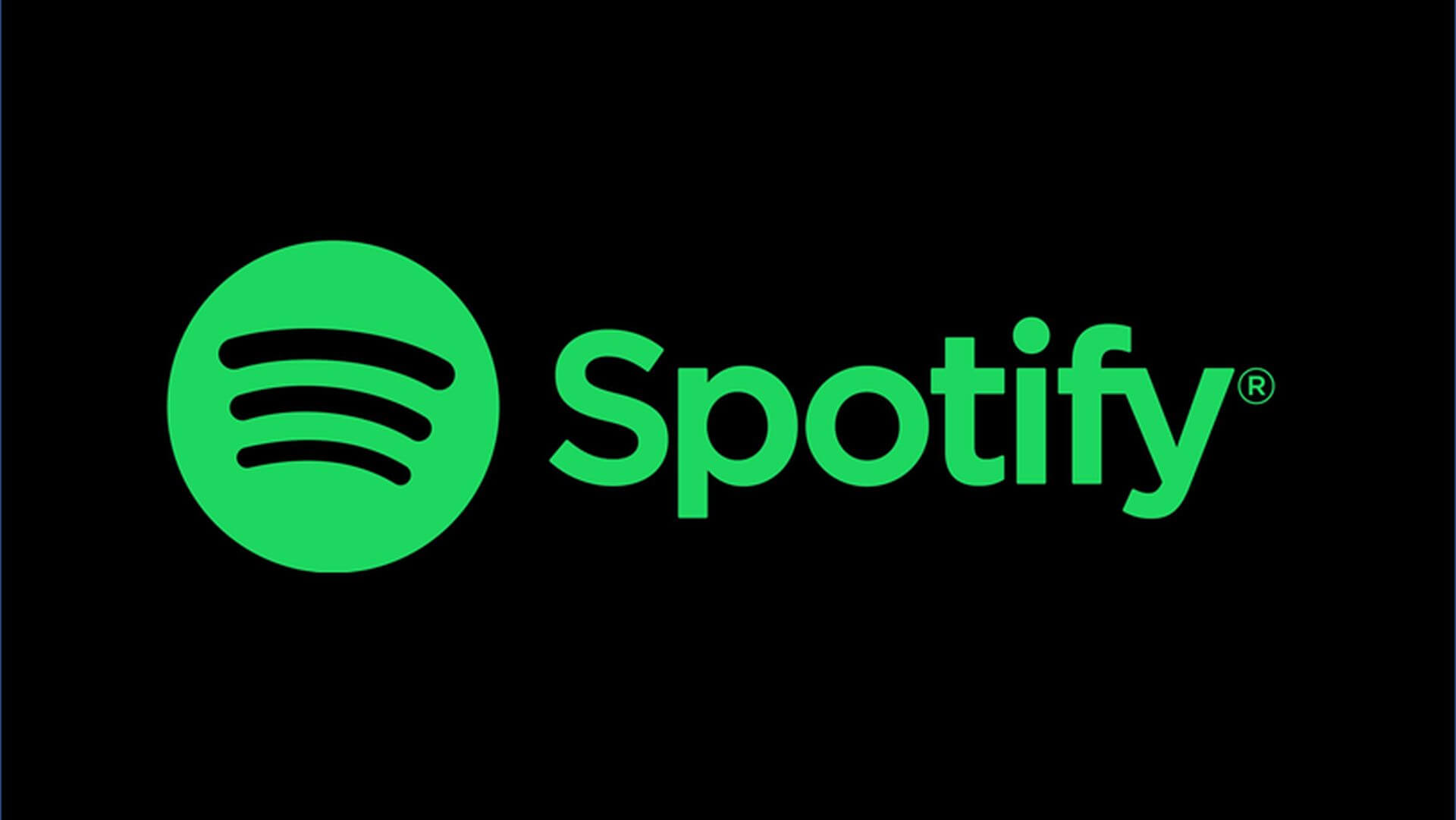
By Carla Harrison
If I were to pick up your phone right now, there’s a very good chance that I’d find Spotify among your apps. It is, after all, the world’s most popular music streaming service, with 433 million users (188 million of whom are paid subscribers) in 183 countries. Since its launch in 2008, it’s transformed the way the world listens to music and helps launch the careers of artists around the world.
And if you use Spotify, you’re probably also aware that it’s expanded from just music streaming into podcasting, with some 4 million podcast titles joining its library of 82 million songs. But did you know that it’s also a powerful advertising platform with a growing focus on the African continent?
Any brand that’s serious about expansion, particularly in high-growth markets such as Nigeria, simply cannot afford to ignore it.
The pros of radio, plus more
In order to understand what makes Spotify such an appealing platform for advertisers, it’s worth first reminding ourselves of the strengths offered by traditional radio. In general, for example, radio ads are more cost-effective than other forms. You can also get away with increased frequency, meaning that your message is more likely to stick.
Spotify offers all the benefits of radio advertising plus more. With growing numbers of people listening to digital audio streaming every day, you’re guaranteed an active and engaged audience. At the same time, you’re also reaching them while they listen to what they love. And because Spotify’s targeting options are so advanced, your brand can reach specific people based on age, gender, music genre, and playlist. Unlike radio, Spotify guarantees 100% completed listens in its reporting. It can also provide metrics around which type of audience engaged with your ad and a companion banner which allows users to click through to a webpage.
The streaming service is an innovator in the advertising space too. Its 3D audio feature, for instance, allows brands to provide premium quality advertising through an immersive, dynamic, and sensory audio experience. As a result, listeners don’t just hear an ad; they feel it.
But Spotify offers more than just audio ads. It also allows brands to reinforce their messages with high-impact display and video ad formats. Spotify video ads are actually the best performing in the industry, as they had to be built for viewability. The ads are 100% viewable and 100% audible, and Spotify only charges for 100% completion.
Making an impact in Africa
It’s also worth pointing out that Spotify is seeing significant levels of growth across Africa. While the streaming service has been available in South Africa since 2018, its real expansion into Africa only came in early 2021, when it launched in an additional 40 countries.
But just a year after launching in Nigeria, the number of artists streamed per user had grown by 60%, and Nigerian music fans had created 1.3 million user-generated playlists. Additionally, nearly 21 000 songs had been added to the platform, placing Nigeria as the country with the second most streams after Pakistan in the new markets, with Kenya third in the ranking.
That growth isn’t likely to slow down anytime soon, either. According to Statista, music streaming revenues in Nigeria are expected to show an annual growth rate of 12.61% between 2022 and 2027. It’s also worth noting that penetration in the overall streaming market currently sits at just 4.1%. With an additional 35 million Nigerians set to come online by 2026 (all of whom will be hungry for the consumer experiences that come with affordable and ubiquitous access), Spotify looks primed for significant growth.
That comes with obvious growth benefits for advertisers, especially when you factor in that 39.6% of music streaming users are in the medium-income group. As Nigeria’s economy continues to grow, that income group will become larger and more valuable.
Partnering with the experts
Brands looking to utilise Spotify as a marketing platform don’t have to go in blind, either. By working with experts that have specialist teams, they can get the most out of their campaigns. The right partners will also offer advertisers price transparency, ensuring that they get advertising on the platform at the most affordable rates.
In doing so, they can ensure that they always reach the right audiences at the right time with the right message. Moreover, with Spotify, they’re reaching people during the moments they love. And that’s always incredibly valuable for any marketer. Small wonder then, that Spotify is seen as the most trusted ad platform among consumers. Factor in the brand safety it offers, and you have a winning combination.
A culmination of factors
Ultimately then, Spotify represents the culmination of a number of factors that should be of interest to anyone with a media budget that needs to be spent. And as Africa, and Nigeria in particular, that combination of engaged, active audiences, the ability to target specific audiences, and innovative advertising products will only become more important.
Carla Harrison is the East African Sales Manager at Ad Dynamo by Aleph
Showbiz
Netflix Walks Away from Warner Bros Deal After Paramount’s Huge Offer
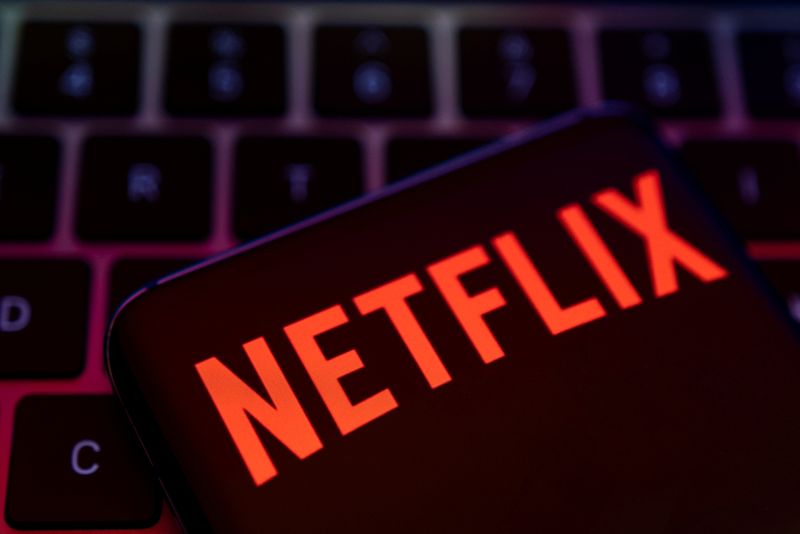
By Adedapo Adesanya
Streaming giant, Netflix, has backed away from its proposal to buy Warner Bros Discovery, clearing the way for Paramount Skydance to win the long battle for one of Hollywood’s most storied studios in a deal worth over $100 billion.
Warner Bros, which announced it was up for sale last year, said Paramount’s latest bid was “superior” to the one from Netflix, which in turn refused to raise its offer.
Paramount, which has been insistent regarding the deal, would also need approval from the US Department of Justice as well as European regulators.
Netflix executives say they have declined to match Paramount’s bid as “the deal is no longer financially attractive” at that price.
The buyer would gain control of the iconic studio along with its films and media networks.
The takeover has been touted to significantly reshape the global media landscape, which includes the streaming market.
Last December, Warner Bros agreed to a takeover offer from Netflix for some of its assets, in a deal worth roughly $82 billion, including debt.
Paramount then made a rival proposal, which was refused by Warner Bros, but an increased offer was made earlier this week, boosted by $1 per share.
“The transaction we negotiated would have created shareholder value with a clear path to regulatory approval,” Netflix co-chief executives Ted Sarandos and Greg Peters said in a statement. “However, we’ve always been disciplined.”
“This transaction was always a ‘nice to have’ at the right price, not a ‘must have’ at any price,” the Netflix executives added.
The announcement came just hours after Mr Sarandos had visited the White House on Thursday.
The development marks the possible end of the saga that saw offers and refusals and could possibly change the global streaming market as Paramount is backed by some of the biggest names in the industry, including Oracle owner, Mr Larry Ellison.
Showbiz
Why Wildlife Shows Hook Us: The Allure of NatGeo Wild
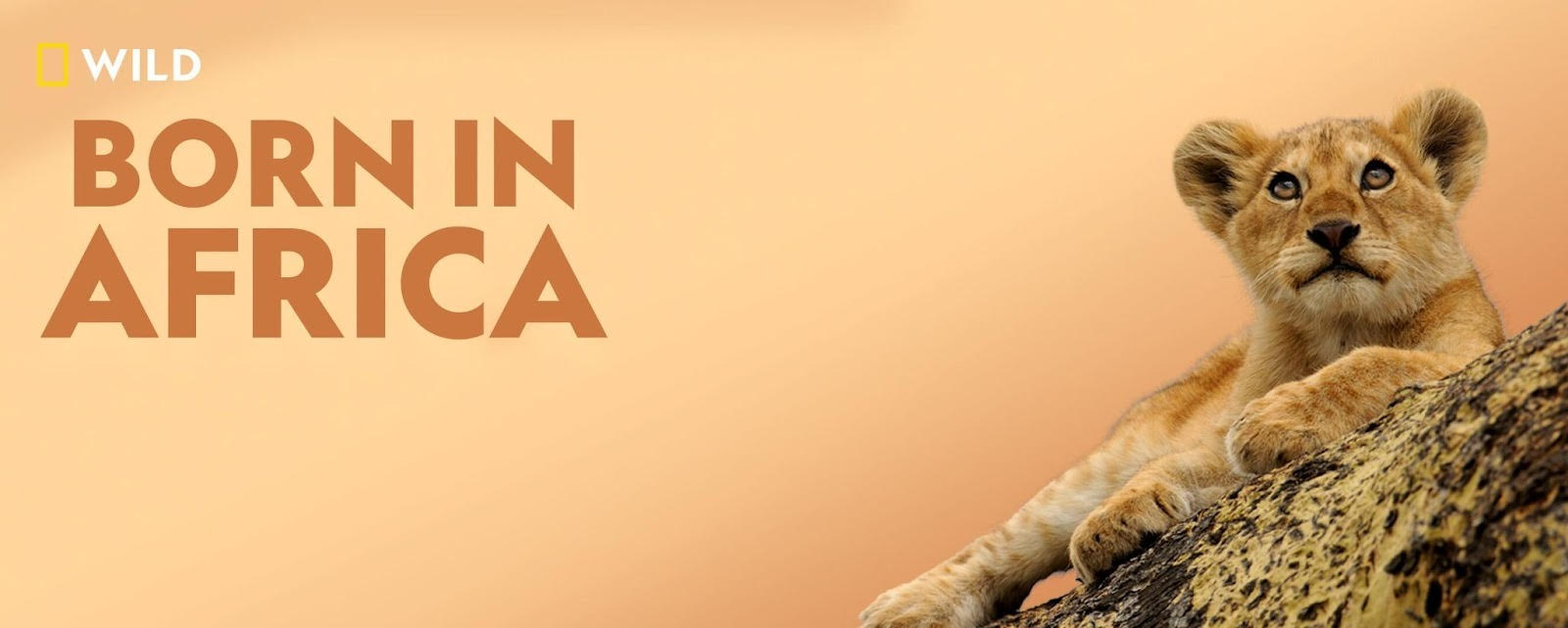
There is something undeniably captivating about wildlife documentaries. The moment a predator locks eyes with its prey, the awe of seeing animals in their natural habitat, the thrill of nature’s drama playing out in real time. These are experiences that rein us in and refuse to let go. NatGeo Wild doesn’t just show the wild; it invites us to feel it, understand it, and marvel at it.
What is it about the wild that keeps pulling us back, no matter how many times we watch?
The Explorer in All of Us
At our core, we are wired much like the animals we watch. Curiosity drives us the way it drives a leopard to investigate a sound in the distance. Wildlife shows activate that instinct. We scan scenes like hawks from above, reading body language, anticipating danger, noticing subtle shifts in behaviour. In these moments, we’re more than viewers; we’re explorers, investigators, and sometimes even adventurers.
It’s a way to witness danger safely. A way to test our instincts and a way to connect with the power and beauty of the natural world, all from the comfort of home.
The Comfort of Nature’s Stories
Nature may be ruthless, but it is rarely random. Like a herd moving in rhythm or a pack operating with purpose, wildlife shows follow a structure we instinctively understand: predator and prey, threat and escape, loss and resilience.
Within a single episode, chaos settles into balance. Even in harsh environments, there is order just as there is in the wild. That predictability offers comfort, reminding us that survival follows rules, patterns, and rhythms older than humanity itself.
NatGeo Wild Shows That Keep Us Glued to the Screen
Over the years, NatGeo Wild has mastered the art of storytelling that moves like nature itself, quiet when it needs to be, explosive when it matters most. These are not just documentaries; they are immersive experiences that sharpen the senses and stir instinct.
Africa’s Deadliest
Step into the African wilderness, where survival is a daily contest of speed, strength, and strategy. Africa’s Deadliest introduces us to predators that hunt with the patience of chess players and the precision of seasoned warriors. From crocodiles lying in wait beneath murky waters to lions coordinating attacks across the savannah, each episode breaks down how instinct, timing, and dominance decide who eats and who doesn’t.
Wild, Smart and Deadly
Wild, Smart and Deadly is where brains meet brawn in the animal kingdom. This series delves into the intelligence behind nature’s deadliest hunters, showcasing creatures that use strategy, cunning, and sheer wit to survive. From octopuses escaping predators with mind-blowing tricks, to predators setting up elaborate ambushes, every episode reveals how survival in the wild is a high-stakes chess game. Watching it feels like witnessing nature’s most elite tacticians at work, where one smart move can mean the difference between life and death.
Born in Africa
In the wild, birth is only the beginning. Born in Africa follows young animals from their first breath into a world that offers no mercy. Every stumble, chase, and lesson learned is part of a race against time. From a giraffe learning to stand within minutes to lion cubs discovering the rules of dominance, the series captures vulnerability, growth, and resilience in its purest form.
Wild Mediterranean
The Mediterranean may look serene, but beneath its surface lies a battlefield of survival. Wild Mediterranean uncovers a world where predators hunt in crystal waters and creatures adapt to shifting coastlines and hidden dangers. From dramatic underwater pursuits to life along rugged shores, the series reveals a region shaped by adaptation, resilience, and quiet ferocity.
Hostile Planet
Here, nature shows no mercy. Hostile Planet explores environments so extreme they feel uninhabitable, yet life persists. Animals endure freezing tundras, scorching deserts, and violent storms, adapting in ways that defy belief. Every episode is a testament to resilience, revealing how instinct, evolution, and sheer willpower allow life to survive against impossible odds.
These shows captivate because they do more than entertain; they educate, inspire, and transport us into worlds we’d rarely get to see otherwise. Every episode is an invitation to explore, learn, and marvel at the wonders of nature.
Catch all these incredible wildlife stories on NatGeo Wild, GOtv Channel 100.
Subscribers can also enjoy more value with the We Got You offer, available until 28th February 2026. Pay for your current package and automatically get upgraded to the next one at no extra cost, giving access to more channels, more shows, and more moments like these.
To subscribe, upgrade, or reconnect, download the MyGOtv App or dial *288#. You can also stream anytime with the GOtv Stream App.
Showbiz
TikTok’s 2026 The Discover List Features Five African Creators
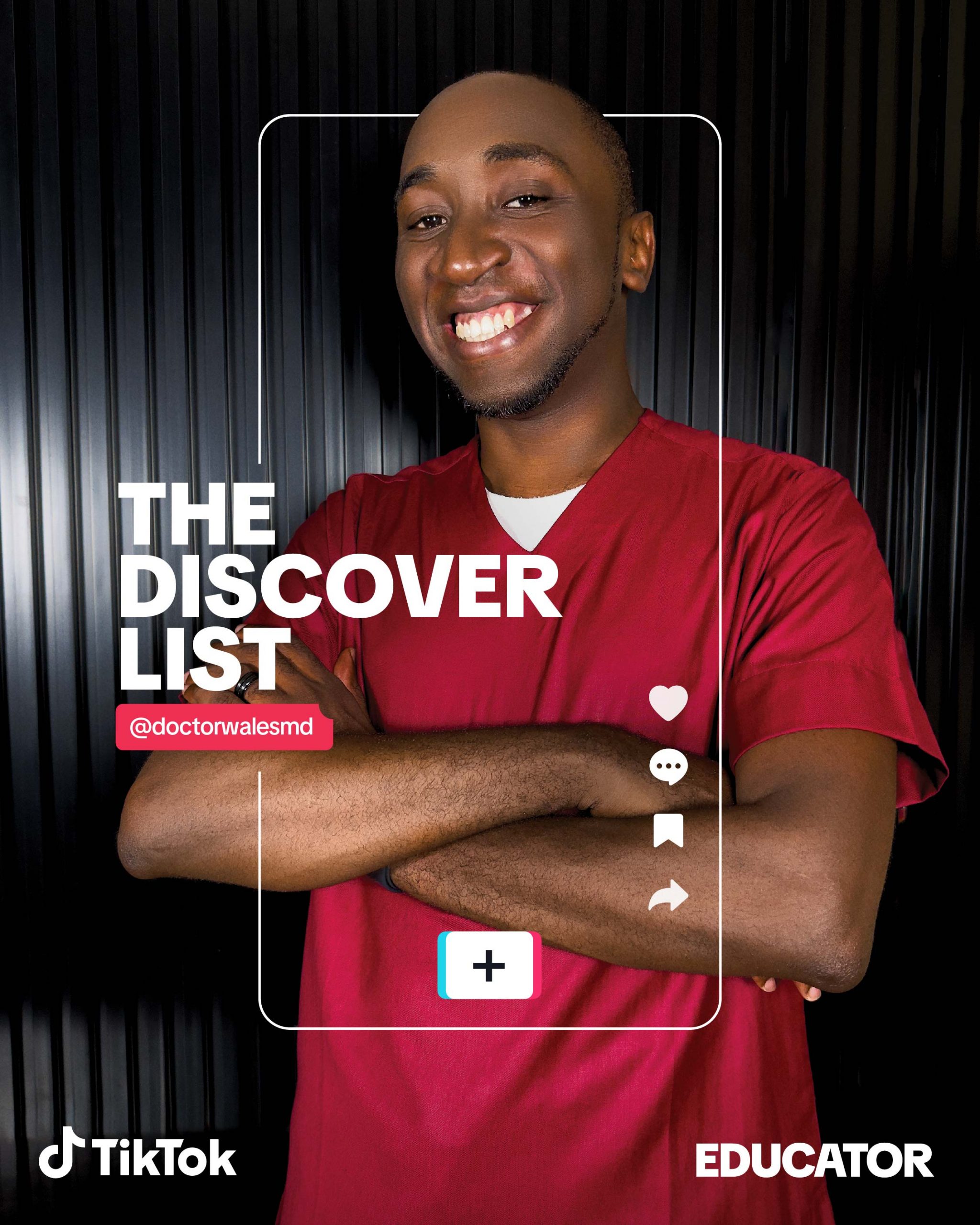
By Modupe Gbadeyanka
Five creators from Sub-Saharan Africa have been featured in TikTok’s annual global The Discover List 2026, marking a standout moment for the region’s growing influence in the global creator economy.
They were among the 50 most influential creators shaping culture worldwide across five categories: Icons, Innovators, Foodies, Educators, and Originators.
From medical education in Lagos to culinary innovation in Nairobi and Cape Town, and from dynamic design studios in Johannesburg, African creators are not just being seen on the world stage — they are commanding it.
The Discover List 2026 reaffirms that TikTok is not only where trends begin, but where real opportunities take shape and creators turn influence into lasting impact.
The five TikTok creators from Africa featured were Tamia Nontsikelelo from South Africa, Cherie Kihato of Savannah Space from Kenya, Wayne Chang from South Africa, Olawale Ogunlana of HealthKraft Africa from Nigeria, and Trevor Were from Kenya.
Ogunlana breaks down complex medical conditions into clear, engaging videos, turning digital platforms into powerful tools for better health across the continent. He is also one of TikTok’s Sub-Saharan Wellbeing Ambassadors.
As for Chang, he is celebrated for his vibrant culinary content that blends diverse Asian cuisines with locally sourced South African ingredients, while self-taught chef Were transforms simple, everyday meals into exciting and accessible creations. He shares approachable recipes and cooking inspiration from his home kitchen.
Also, Kihato, a creative entrepreneur, showcases heritage through furniture, art and interiors. Through content creation, she has expanded her business beyond Kenya, inspiring a global audience of design lovers and aspiring creatives, while Nontsikelelo fuses storytelling and marketing on TikTok to build powerful, engaged communities around her modest fashion brand.
Commenting on the latest development, the Global Head of Content Operations for TikTok, Mr James Stafford, said, “At TikTok, we are committed to celebrating our inspiring creator community. Today, we are thrilled to unveil The Discover List 2026 — a highlight of 50 creators to watch from around the world.
“From the Educators who are inspiring their communities to learn something new, to the Originators who share their businesses with global audiences on TikTok, we are proud to be a space where new talent can be discovered, and authenticity and creativity can thrive.”
Business Post recalls that in 2025, Sub-Saharan African creators featured on the Discover List for the very first time, a milestone that unlocked unprecedented global visibility.
Those creators were spotlighted in international publications, including TIME Magazine and participated in major global moments such as Cannes Lions International Festival of Creativity.
At Cannes Lions, Chef Abby (Abena Amoakoaa Sintim-Aboagye) from Ghana engaged directly with TikTok CEO Shou Zi Chew and the Mayor of London, further amplifying her global presence. Building on this momentum, she was also nominated at the 2025 TikTok Awards in Sub-Saharan Africa, where she emerged as First Runner-Up in the Food Creator of the Year category.
-

 Feature/OPED6 years ago
Feature/OPED6 years agoDavos was Different this year
-
Travel/Tourism10 years ago
Lagos Seals Western Lodge Hotel In Ikorodu
-

 Showbiz3 years ago
Showbiz3 years agoEstranged Lover Releases Videos of Empress Njamah Bathing
-

 Banking8 years ago
Banking8 years agoSort Codes of GTBank Branches in Nigeria
-

 Economy3 years ago
Economy3 years agoSubsidy Removal: CNG at N130 Per Litre Cheaper Than Petrol—IPMAN
-

 Banking3 years ago
Banking3 years agoSort Codes of UBA Branches in Nigeria
-

 Banking3 years ago
Banking3 years agoFirst Bank Announces Planned Downtime
-

 Sports3 years ago
Sports3 years agoHighest Paid Nigerian Footballer – How Much Do Nigerian Footballers Earn


